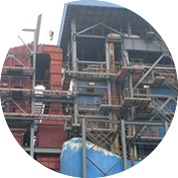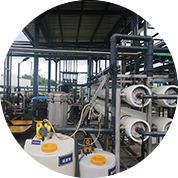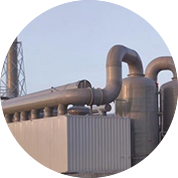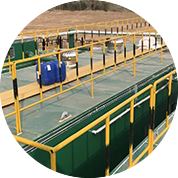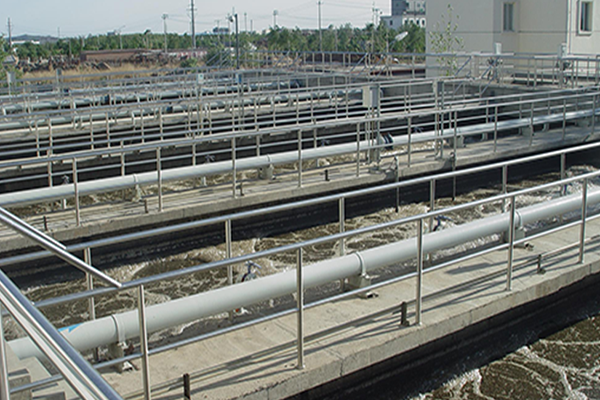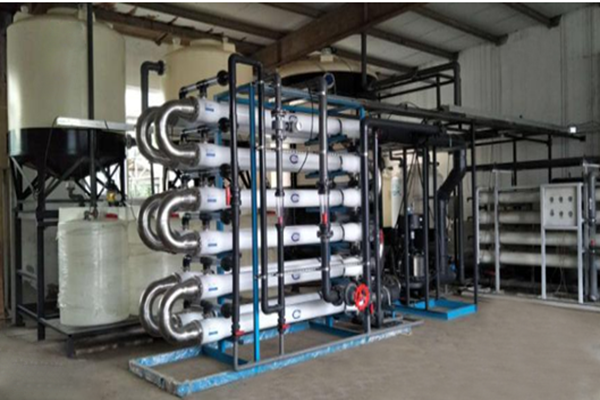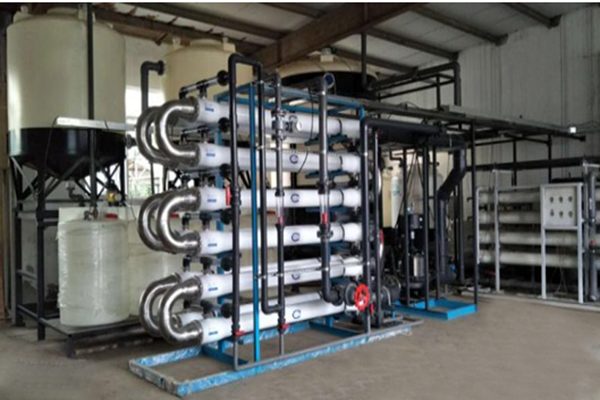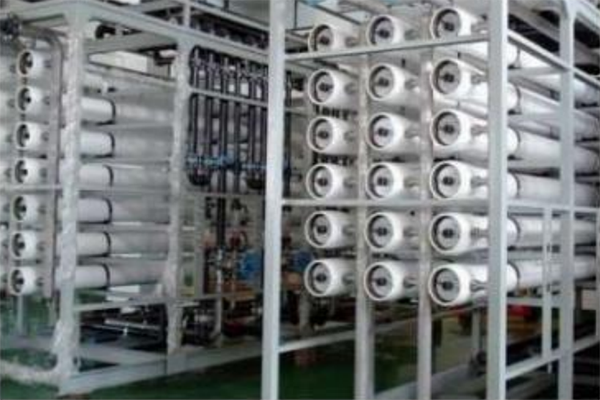
Welcome to Ruiming Environment!
News
 Hotline
Hotline
So what are the effects of overdosage of flocculant?
So what are the effects of overdosage of flocculant?
A series of adverse effects on water treatment process and water quality will be caused by overdosage of flocculant. Here are some of the main effects:
1. Increased treatment costs: Excessive dosage of flocculant means that more agents are used for treatment, which directly increases the treatment cost.
2. Deterioration of water quality: Excessive flocculants may lead to deterioration of water quality, because excessive agents may react with other substances in the water, producing adverse consequences, such as producing harmful by-products or affecting the taste and smell of the water.
3. Affect the precipitation effect: excessive flocculant may cause the formed flocs to be too large or too tight, which is difficult to settle effectively in the sedimentation tank. This will reduce the operation efficiency of the sedimentation tank and may even lead to substandard effluent quality.
4. Blocking pipes and equipment: excessive flocculant may lead to scaling or blocking inside pipes and equipment, affecting the smoothness of water flow and increasing maintenance costs.
5. Burden on the environment: Excess flocculants may enter the natural environment, causing adverse effects on aquatic organisms and ecosystems.
6. Reduce treatment efficiency: excessive dosage of flocculant may lead to reduced treatment efficiency, because too much agent may interfere with the normal chemical reaction and physical process, so that the treatment effect is reduced.
7. Increase the difficulty of follow-up treatment: Excessive flocculant may increase the difficulty of follow-up treatment, such as filtration, disinfection and other steps, because these steps may be interfered with by excessive agents.
In summary, excessive dosage of flocculant will not only increase the cost of treatment, but also may have adverse effects on water quality, treatment efficiency, environment and subsequent treatment steps. Therefore, in the practical application, the dosage of flocculant should be reasonably controlled according to the water quality conditions and treatment needs to achieve the best treatment effect.
- More > Where does the wastewater from chemical production end up after treatment? Is it drinkable?
- More > Sewage treatment technology knowledge
- More > The advantages of electroplating sewage treatment equipment
- More > Uncovering the black technology of ethanol waste gas treatment: a new chapter of green transformation
- More > Solar torch burning equipment: the perfect integration of environmental protection and efficiency
- More > Inclined tube sedimentation tank: The optimal solution for efficient water treatment?
- More > Where is the industrial pure water equipment?
- More > Whole-house deep water purification solution: dedicated to creating a healthy and comfortable home environment
- More > Reveal it! The price of 10 tons of water purification equipment starts from the bottom, is your budget enough?
- More > Analysis of the processing flow and working principle of MBR integrated equipment
- Previous:How to determine whether the flocculant is excessive?
- Next:Causes of excessive ammonia nitrogen in sewage?
Tags for this article:Flocculant, water treatment, sewage treatment equipment, waste gas treatment, water treatment agent
Shenzhen Ruiming Environmental Technology Co., Ltd.
-
 Phone:13823530689
Phone:13823530689 -
 E-mail:szrme_008@126.com
E-mail:szrme_008@126.com -
 Phone:0755-86208689
Phone:0755-86208689 -
 Address:Building 47, Xinwei Village, Xili Street, Nanshan District, Shenzhen
Address:Building 47, Xinwei Village, Xili Street, Nanshan District, Shenzhen Copyright © 2022 Building 47, Xinwei Village, Xili Street, Nanshan District, Shenzhen All Rights Reserved.
 Tik Tok
Tik Tok
 Public number
Public number
Hotline:13823530689


